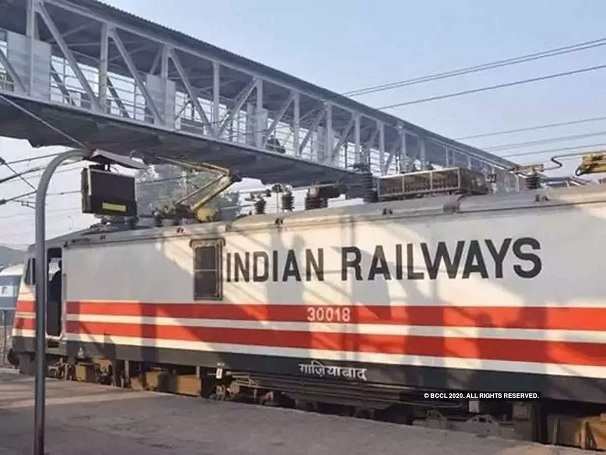NGT for curbing noise pollution at stations, tightrope walk for Railways
| Date :19-Jan-2021 |

By Sagar Mohod :
Divisions scramble for compliance of Environment Management System ISO 140001 norms as deadline of March 31, 2021, looms large
Indian Railways is feeling the heat of complying with stringent norms prescribed by National Green Tribunal (NGT) relating to environment protection at railway stations. In the operative part, the Tribunal underlined the need for reducing noise pollution and ensuring that the same is as per ambient norms. Among the directives to Railways in the operative part of the order, the Principal Bench at New Delhi, underlined observation of Central Pollution Control Board (CPCB) that noise-level at stations exceeds the permissible limits and hence they have to bring them down for conformity with norms.
For Railway establishment, it’s a tricky field as what to do for toning down noise levels of engine horns as they are needed to put travellers on alert and also warn if anyone strays on tracks. Beyond that for railway bosses the matter of immediate concern is looming deadline of March 31, 2021, for complying with the norms relating to environment, something that is very new for the organisation that so far took pride in fact that their task is limited to keeping wheels of lifeline of nation moving. Now among other things that are listed in NGT order is establishment of sewage treatment plant, effluent treatment, plant for waste segregation and its processing at identified big stations.
The NGT said in first phase only 36 major stations in country should have Environment Management System 140001 (ISO) standards in place, which is five per cent of total of major stations of Indian Railways. In run upto getting certification, railways have to approach respective State Pollution Control Board for consent to establish and then consent to operate STPs. While going for complying with these directives railways are feeling funds crunch as for small stations it has to pay fees of Rs. 1.5 lakh and for big stations Rs. 3.5 lakhs and above. The stations are categorised as Red, Orange and Green categories depending upon its land mass, waste generation, water utilised and effluent discharged and then as per requirements the plants are to be established.
However NGT has been quite considerate as it said cut off date for payment of charges for respective SPCB would be effective from April 1, 2020, whereas for other industries same is from date of commencement of operations. In case of IR, the first railway service started way back in 1853 and hence back period of operations were not considered while mandating norms for environment protection measures. Meanwhile, at Nagpur Division of South East Central Railway and Central Railway, local officials have shortlisted five stations each for compliance of environment norms as per NGT directives. At SECR while Gondia already has STP and it has to seek consent to operate, at Ramtek and Kamptee stations proposals for setting-up new STPs have been sent.
The other station of division that is Rajnandgaon whose proposal is submitted to Madhya Pradesh Board while at Itwari proposal is under drafting. At CR, stations shortlisted are Nagpur, Wardha, Sewagram and Chandrapur in Maharashtra and Betul in Madhya Pradesh, it is learnt. These stations are in Orange category and as of now railway officials here said that they are concentrating on air and water quality. Of the five Nagpur station has six lakh litres of water recyling plant but that too is not fully utilised. At these stations the sewage generation is not in that quantity to require an effulent treatment plant. At these stations need compliance about water and air quality and also list other measures undertaken at respective stations relating to solid waste management, recycling of water, segregation of waste and especially disposal of plastic and PET bottles in particular, processing plant for dry and wet waste. They are also directed to prepare detailed balance sheet indicating quantities of fresh water consumed, waste water generation and treated water reuse while submitting its affidavit.